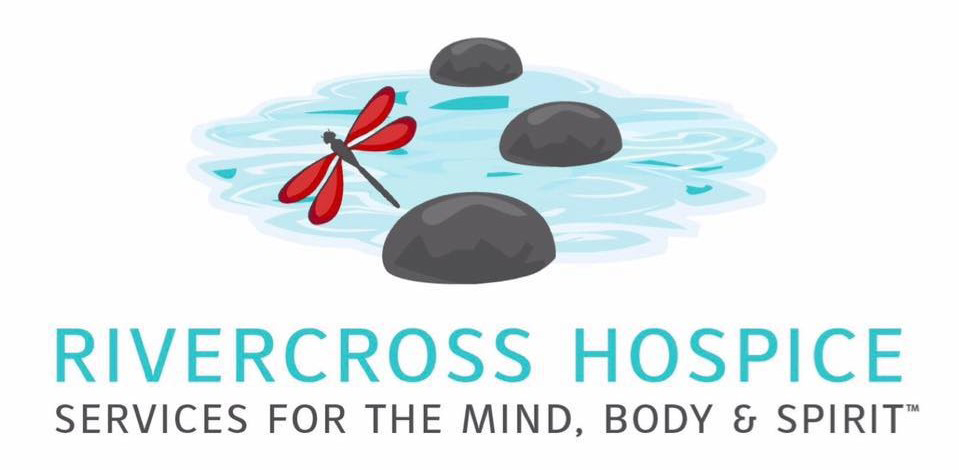Facing end-of-life decisions is undoubtedly challenging for families and their loved ones. Understanding physical care needs during this transitional time is essential, especially when considering hospice care options, such as hospice care in Winfield, KS. Whether providing comfort or managing symptoms, knowing the specifics can assist families in making informed choices that promote dignity and peace.
Understanding Physical Care Needs
At the end of life, individuals often experience various physical changes. These changes can include decreased mobility, pain, and changes in appetite, all requiring specialized care. Personalized approaches can effectively address these physical needs, alleviating discomfort and enriching the quality of life. For instance, caregivers can assist in managing pain through medication, physical therapy techniques, or psychological support, ensuring that families can have meaningful moments near their loved ones.
Symptoms and Care Management
Every patient’s journey is unique; thus, tailoring care to address specific symptoms is crucial. The most common issues might involve:
- Pain Management: Many patients face chronic pain and require an individualized pain management plan, potentially involving medications or alternative therapies like acupuncture or topical treatments.
- Mobility Assistance: Patients may no longer be able to move quickly. Caregivers can assist with mobility to maintain comfort and prevent complications such as bedsores.
- Nutritional Support: Changes in appetite can lead to dietary concerns. Tailoring meal plans and encouraging small, easily digestible meals can help meet the patient’s needs without causing distress.
- Personal Hygiene Assistance: Maintaining personal hygiene becomes highly sensitive as patients lose autonomy. Compassionate caregivers ensure dignity through proper bathing, grooming, and clothing assistance.
The Role of Hospice Care
Hospice care encompasses more than physical support; it nominates an infinitely compassionate approach to end-of-life care. A multi-disciplinary team, including nurses, social workers, spiritual advisors, and trained volunteers, collaborates to deliver a holistic patient and family experience. This care model focuses on physical well-being and places significant importance on emotional and spiritual support.
Families can find solace in knowing that healthcare professionals are available 24/7, ready to manage health crises and simplify care. A key element of hospice is not merely treating the illness but understanding and addressing each individual’s unique needs and values, allowing the patient to feel valued and understood during their last days.
Supporting Families

Support extends beyond direct care to families, as they often face immense stress and emotional challenges. Hospice providers frequently offer resources ranging from counseling to respite care to alleviate this burden. Maintaining family connections and facilitating open communication strengthens bonds and helps mitigate feelings of isolation.
Moreover, funeral planning and bereavement support services assist families in navigating life after loss, ensuring access to needed emotional resources during these trying times.
With better education about hospice options, families can employ these services early on, ensuring access to comprehensive physical care and support systems. Recognizing potential needs ahead of time helps caregivers prepare, resulting in a smoother and more positive experience for everyone involved.
In conclusion, adopting a meticulous approach toward understanding physical care needs at the end of life remains crucial. We can provide compassionate care during this pivotal time by engaging in personalized care methods, leveraging hospice resources, and building strong family support systems. If you are considering hospice care in Winfield, KS, we are here to assist you—call us today for more information on how Rivercross Healthcare can help enhance your loved one’s comfort during their journey.




